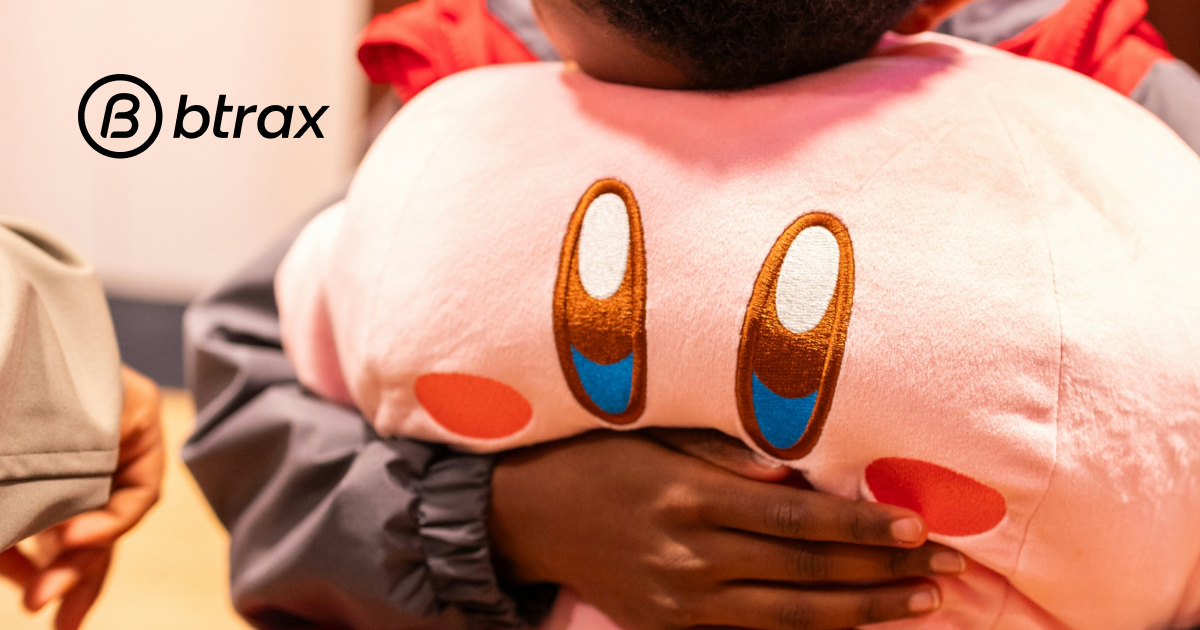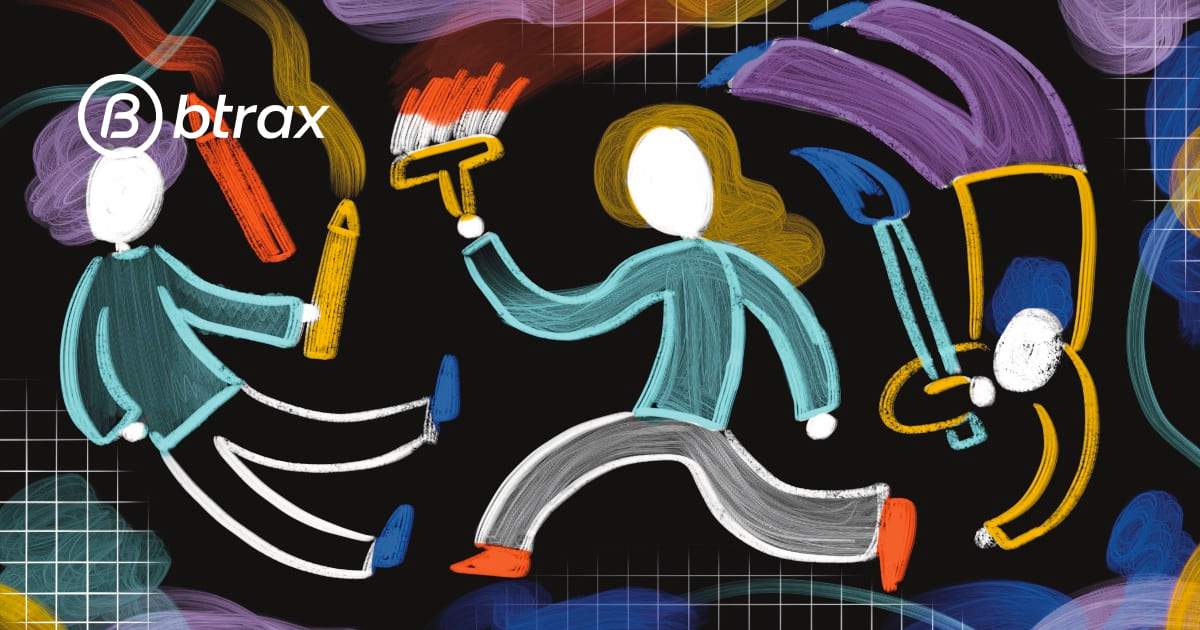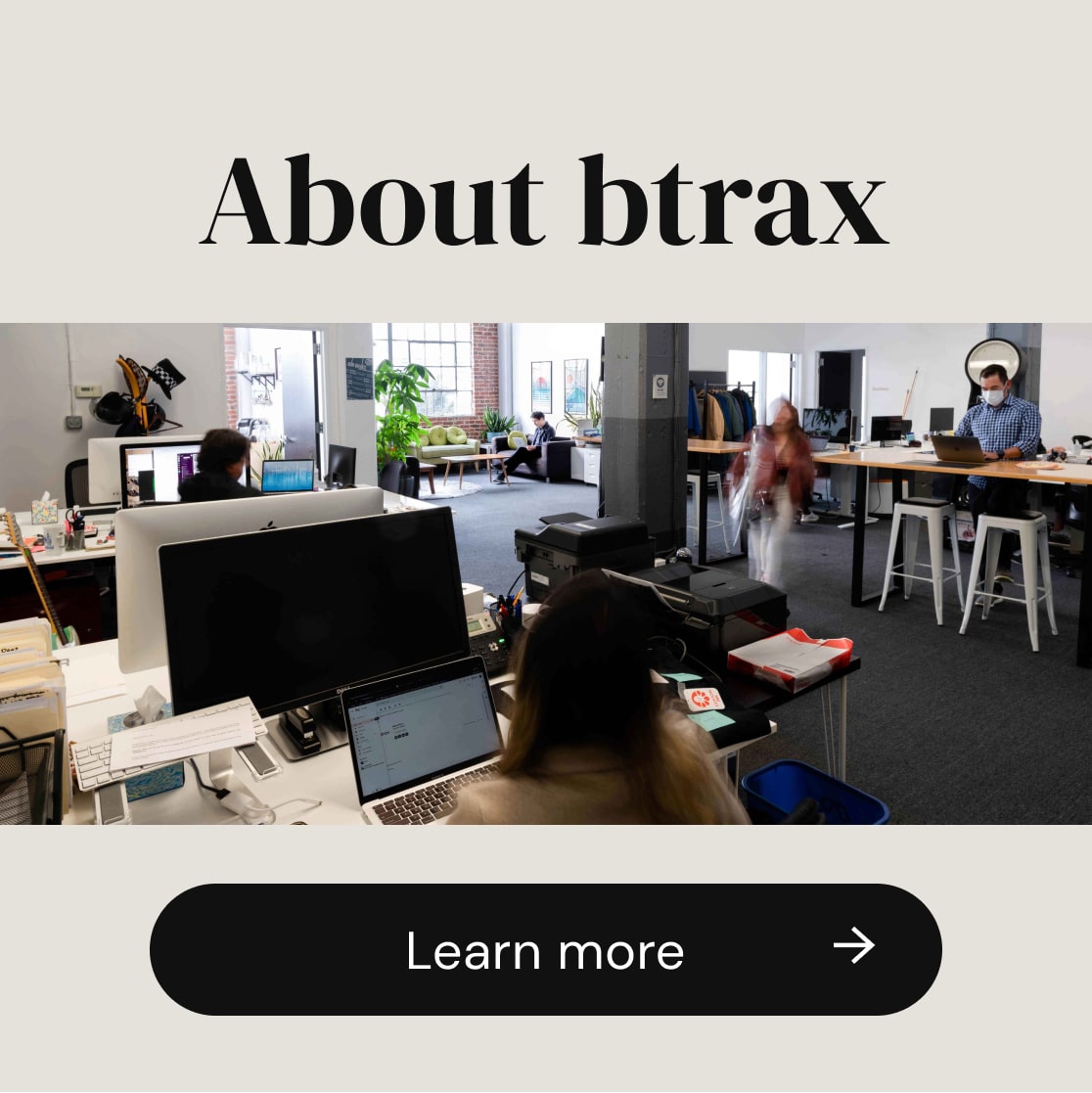
Btrax Design Company > Freshtrax > Why Do Big Bran...
Why Do Big Brands Hire Boutique Agencies?
According to Malcolm Gladwell, author of The Tipping Point, an organization is most effective with no more than 110 people. When it comes to agencies, it’s no secret that boutique agencies produce comparable if not better results than their giant competitors.
Big agencies are usually strong in size, geographic reach, scope, and resources, but all of that makes little difference in the result of the project.

The real difference comes down to the people. There are only two questions you should ask before you make your decision to hire an agency:
- Who will be working on your project?
- What will you get in return for your investment?
Below, we will look at the factors you should consider when it comes to analyzing the answers to each of the above questions. When deciding on what kind of agency to go for, you should ask yourself (and the agencies you’re considering) the questions below.
1) Who will be working on your project?
How many people will be working for you?
If an agency has 1000 people, it doesn’t mean you hire 1000 people for your business. There may only be up to 20 people from all departments touching your project at any time. Boutique agencies can easily put together the same number of employees on your project.
Who is in the team of 20 people?
Brands usually imagine that a large agency with many employees would contain the same number of seasoned in-house professionals taking care of their business. However, the reality is, big agencies also have many people working on operations and running the agency itself day-to-day. The senior professionals may not have the bandwidth to take care of your project. It’s likely to be assigned to junior staff or random contractors.
On the other hand, you always have direct access to the top talent in a small agency, The founders, core team, and other experienced professionals with subject matter expertise will likely be the ones working on your project. If you are an unusually big account for them, the leaders will be all over it to cater to your needs.
How is the synergy among those people?
In the world where the market environment keeps evolving, each brand has its circumstances and specific needs. Interactions and synergies become the key for agencies to deliver unique results, and it is much easier for a smaller group of people to form a close-knit work environment.

In small agencies, the vertical communication between the staff and the visionary leaders as well as the horizontal interaction among offices are timely and frequent.
However, big agencies tend to have a legacy system when it comes to their internal communication. Every employee has to follow the corporate hierarchy, specific job description, internal processes and procedures, and profit margin goals stemming from the legacy system.
Individuals work on their small piece as a part of a bigger project, get paid and go home. On the other hand, people at smaller agencies are not tied down by their company’s internal process or their own job description. They tend to appreciate the chance to express their creativity and work closely with the client and team to deliver something valuable.
2) What will you get in return for your investment?
How much attention will you get from the agency?
In big agencies, employees usually allocate little or no personal interest in the client case. Each one of them finishes the minimum amount of required work and then move on to the next client.
In small agencies, everyone from the founder to junior staff work together to examine the client’s portfolio and brainstorm the best solutions. A creative idea is not born from a major budget or a large team, but from focusing talent attention on one priority.
What is right for your business?
Big agencies naturally have a big overhead; just payroll alone is a very high recurring cost. Clients may not be the number one focus, and moreover, the overhead burden is passed on to the clients.
Since big agencies have more to lose, so the most cost-efficient choice for them is to use tried and true methods and tactics that have succeeded for other clients in the past. However, these tactics may not be tailored to the specific client. This is the Agency Problem, where the goals of the agency and that of their clients are not the same.

However, if you want a standardized solution or need access to major resources for a large scale project, such as producing a TV commercial, big agencies may have an efficient way to do this quickly and effectively.
Boutique agencies need to create breakthrough results to compete with big agencies. Without a huge overhead, they are more likely to think from the client’s position and present ideas that will solve the client’s problem specifically.
Employees in boutique agencies are billed for “thinking” more than for “executing.” In a highly connected world, smaller agencies are able to collaborate with other agencies to execute big ideas.
How much flexibility do you need?
The consumer market environment is constantly evolving and changing everyday. Thus, flexibility is the key to success among competitors.
Big agencies have a difficult time generating groundbreaking ideas. Quick turnarounds and adjustments are not always feasible due to cost and resource allocation.
Small agencies are more nimble and can make U-turns quickly. Since small agencies have fewer accounts, they can pay more attention to each individual client and are willing to do anything to make sure everyone is satisfied, even if it means going the extra mile.
Here’s the fundamental contradiction between the way a big agencies and a boutique agencies do business: As with most bureaucracies, big agencies suffer from their size and complexity. To counter their lack of flexibility, big agencies focus on building their credibility by coming up with project management methodologies.
However, the market does not wait for time-tested methods. Trends and methods will continue to change over time, and reputation alone can not produce solid results, only people can.
Editor: Kristie Wong
Cover image credit: SergZSV.ZP / Shutterstock.com







